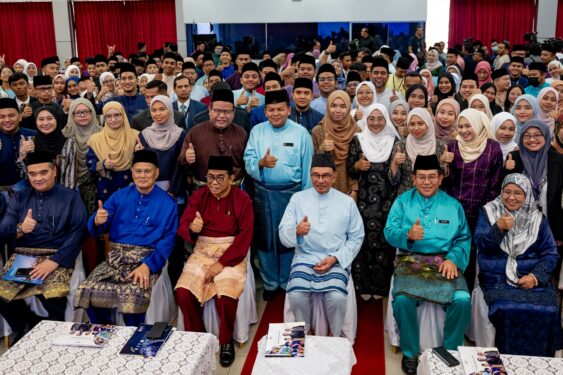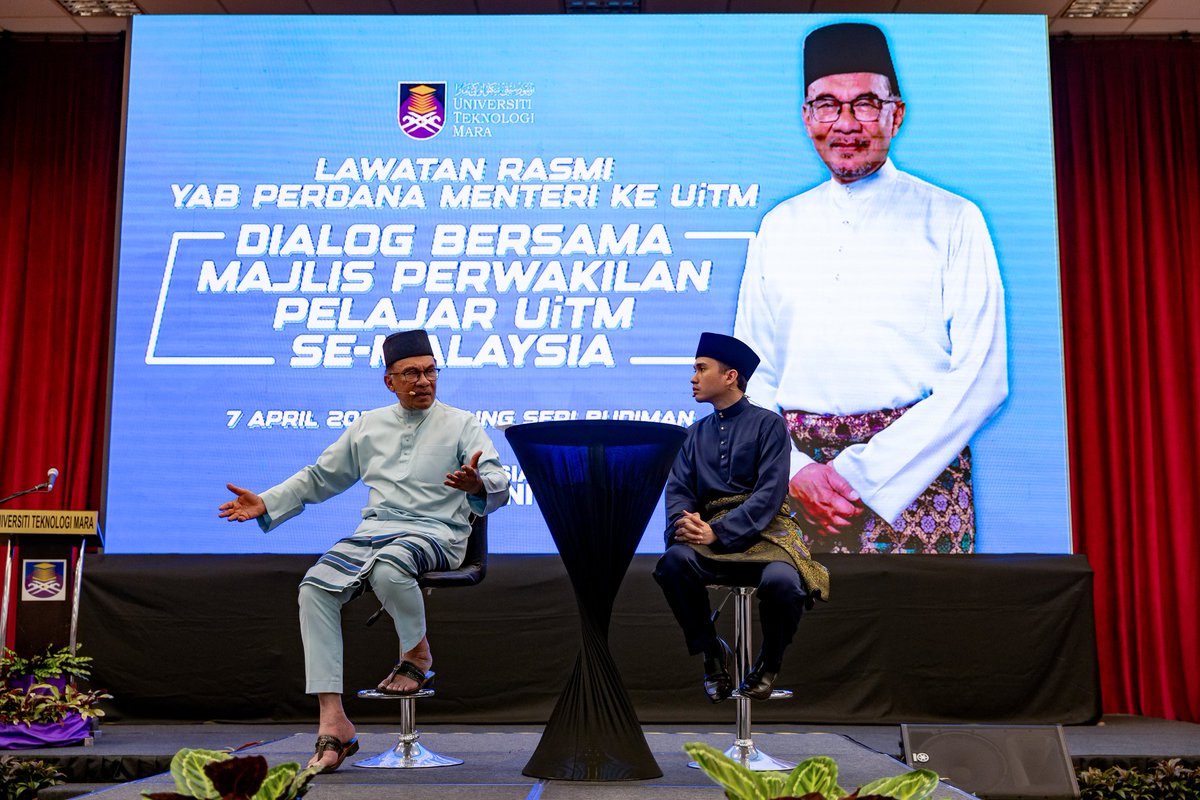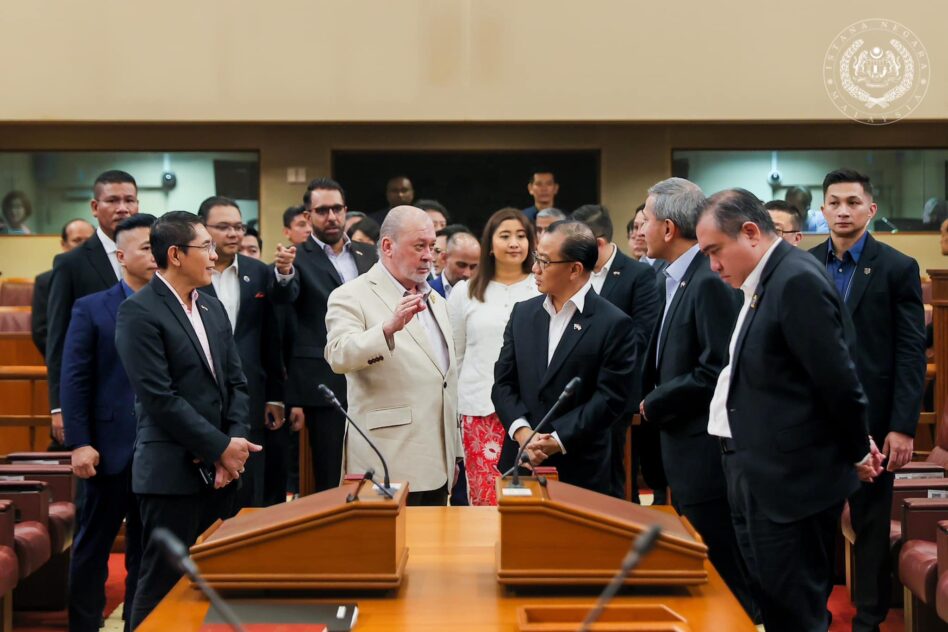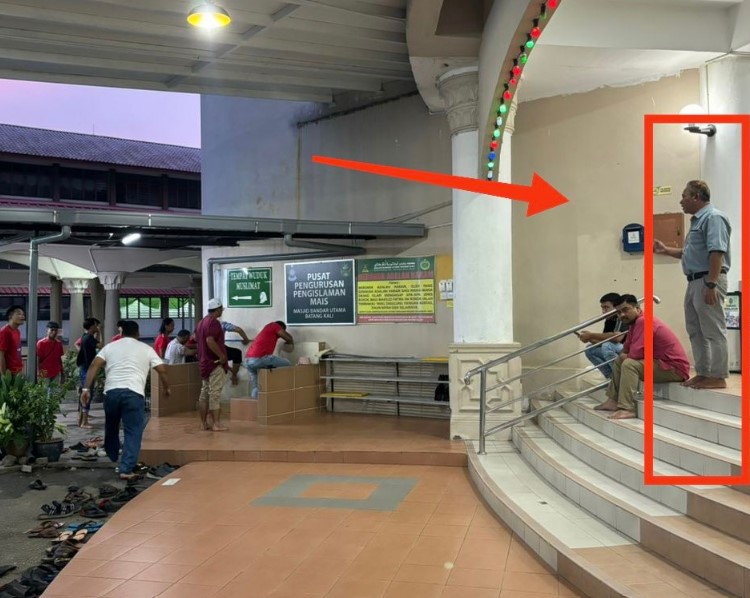THE recent statement made by Prime Minister Datuk Seri Anwar Ibrahim to students that there is “no need for street protests” has generated controversy with an activist reminding him of his own struggle when he went to the streets to fight for his cause.
During a discussion with UiTM students last Friday (April 7), Anwar told them that there was “no need” to resort to street demonstrations and rallies, stating that during his time in the 1970s and 1980s, there were no outlets for students to express their displeasure hence why they turned to the streets.
However, New Student Movement Alliance (NESA) secretary-general Koh Xiang Lin told news portal Free Malaysia Today that Keadilan, which was founded by Anwar and later became PKR, had used street protests and roadshows to promote its agenda.
“The protests helped PKR and Anwar gain support. Is he trying to say his party and his own methods were wrong back then?” he asked.
Koh stated that protests remained a basic human right that should be safeguarded, while laws limiting freedom of expression, especially dissent, should be removed.
“Protests, be it in any form, have nothing to do with modern times or the past. It is purely the citizens’ civil right to do so. It is one of the many ways for the rakyat, including students, to voice their opinions or even disagreements,” he added.
Although Koh applauded Anwar’s commitment not to restrict street protests and rallies, he remained sceptical, noting that “such a promise is not solid enough.”
Moreover, Singapore Institute of International Affairs senior fellow Oh Ei Sun claimed that Anwar’s “flip-flop” in his stance on student street protests was typical of individuals who had come into power in the government.
According to Oh, Anwar is not the first, and will not be the last politician to have mildly changed their political stance after they form or join government. Incumbent vantage dictates that one would like to face the least resistance in one’s policy enactment and implementation, he said.
“It would be unseemly for the prime minister to reverse course, leading to his ‘advice’ to the students, instead of issuing an outright ‘instruction’ on the matter.”

Meanwhile, MUDA secretary-general Amira Aisya Abdul Aziz reminded Anwar that universities remained a sphere for open discourse, including dissent, as long as it did not touch on race, religion or royalty.
“Rather than blaming student organisers for such talks or protests, the government must get rid of laws, regulations and rules that prevented students from carrying out talks freely.”
Amira pointed out that the prime minister is the best person who can understand and relate to this. He experienced unfair obstructions to holding dialogues in universities in the past. She is of the opinion that we must now liberate the universities and the students.
Last week, Anwar addressed a question about street demonstrations and rallies, stating that today’s students should think creatively and not necessarily use the same methods that were used in the past.
He said young people could express their protest as long as they followed the rules and avoided promoting extremist ideologies.
Furthermore, Anwar also questioned the need for street demonstrations and rallies, suggesting that if students had issues with a particular ministry, they should contact the minister because Putrajaya’s order was to offer students the opportunity to voice their opinions. — April 13, 2023










